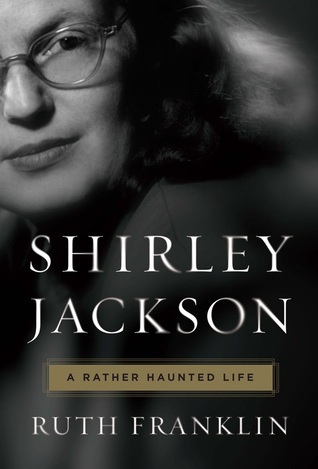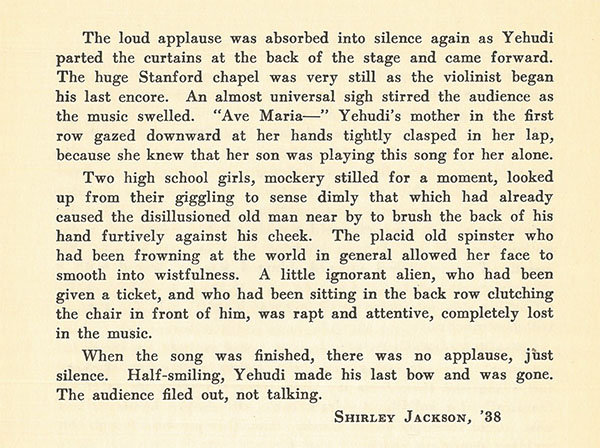 Whether for information or inspiration, successful authors regularly visit the River Campus Libraries’ Department of Rare Books, Special Collections, and Preservation (RBSCP), searching for archival materials that will help them to shape their stories and offer important historical insight and documentation to their work. This year, The New York Times list of the 100 most notable books for 2016 included two that were written by authors who used RBSCP’s renowned collections for their work.
Whether for information or inspiration, successful authors regularly visit the River Campus Libraries’ Department of Rare Books, Special Collections, and Preservation (RBSCP), searching for archival materials that will help them to shape their stories and offer important historical insight and documentation to their work. This year, The New York Times list of the 100 most notable books for 2016 included two that were written by authors who used RBSCP’s renowned collections for their work.
To write Shirley Jackson: A Rather Haunted Life, a new and critically acclaimed biography of Shirley Jackson, author Ruth Franklin explored the university archives to better understand the complicated personality behind one of America’s most renowned 20th century writers of dark fiction. Along with The New York Times distinction, Time recently included Shirley Jackson: A Rather Haunted Life in its list of the top 10 books of 2016.
Best known for her short story “The Lottery,” Jackson, who was a graduate of Brighton High School, studied for a time at Rochester but left in 1936 during her sophomore year. While searching for records of Jackson’s time at the University, Melissa Mead, the John M. and Barbara Keil University Archivist and Rochester Collections Librarian, came across a previously undiscovered work by Jackson that appeared in a campus publication. The work is a three-paragraph vignette of a scene in which she describes the end of a violin recital and is considered by many to be the first example of her published work.
RBSCP’s holdings also provided important context for National Book Award Finalist Blood in the Water: The Attica Prison Uprising and Its Legacy. Author Heather Ann Thompson researched extensively in the Franklin Florence Papers to craft what the Times considers a masterful account of a critical moment in the nation’s history. Thompson used many documents in the collection to create one of the most comprehensive and expert accounts of the prison uprising, including its lasting influence on the American prison system.

Ruth Franklin and Heather Ann Thompson are in good company. Over the years, other best-selling authors, historians, and renowned scholars such as Richard Norton Smith and Doris Kearns Goodwin, in addition to countless Rochester students, faculty, and scholars from all over the world, have relied on the RBSCP for rare and unique materials to further their research.
“There are an infinite number of stories to be told based on the rich holdings in our department,” says Jessica Lacher-Feldman, assistant dean and Joseph N. Lambert and Harold B. Schleifer Director of Rare Books, Special Collections and Preservation. “We have researchers in from all over the world using our collections. The Franklin and Thompson books are just two of many works that include information and documentation from our collections.”
RBSCP is home to the University Archives of the University of Rochester, which provides insight into the rich history of the university from its founding in 1850 to the present. It is also home to more than 800 manuscript collections, including papers from such important and well-known Americans as Frederick Douglass, Susan B. Anthony, and William Henry Seward, as well as literary manuscripts of writers such as John Gardner and John A. Williams, along with a broad array of unique materials that help to document the history and culture of the region.
The library also houses a significant rare book collection supporting teaching and research at the University of Rochester and beyond. Visit the Department of Rare Books, Special Collections and Preservation online to learn more.



